The move is being seen by some within the recycling sector as adding a layer of uncertainty around plastics recycling streams in the future should more bottles be switched to other materials, with questions too over the impact of the liners of new types of bottles in the recycling process.
Prototype
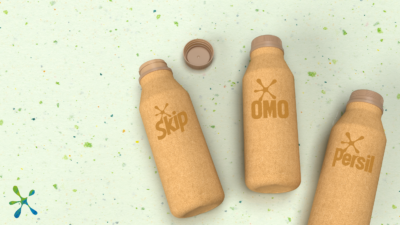
Unilever — which owns over 400 brands including Dove and Ben & Jerrys— has developed a prototype bottle for its laundry brand Omo which is sold in Brazil but also known as Persil and other names including Skip and Breeze.
The bottle has been developed by Pulpex, a collaboration between Unilever, Diageo, Pilot Lite and other industry members. Unilever aims to roll the bottle out in Europe and other countries “soon after” Brazil. Brazil and other south American countries are significant producers of pulp, often from Eucalyptus trees although the fibre source for the bottles is not known.
Pulpex’s paper bottles are sprayed inside with a proprietary coating that repels water, enabling the paper-based packaging material to hold liquid products like laundry detergent, shampoo and conditioners.
Last month, paper packaging manufacturers Stora Enso partnered with Pulpex to to develop a “large-scale production line” for a range of paper bottles made from wood pulp (see letsrecycle.com story).
‘Challenge’
Unilever said while creating recyclable, paper-based packaging without additional plastic layers is a “huge challenge”, Pulpex’s patented pulp packaging provides a” promising solution to radically reduce the use of plastic and will help Unilever achieve its commitments to a waste-free world”.
“To tackle plastic waste, we need to completely rethink how we design and package products”
Richard Slater, Unilever chief research and development officer, said: “To tackle plastic waste, we need to completely rethink how we design and package products.
“This requires a drastic change that can only be achieved through industry-wide collaboration. Pulpex paper-based bottle technology is an exciting step in the right direction, and we are delighted to be working together to trial this innovation for our products.”
Consumer
The move from Unilever comes after it pledged in October 2019 to halve the use of virgin plastic in all its products by 2025 (see letsrecycle.com story).
The company said yesterday that consumers are becoming “increasingly aware of the impact of products on the planet and are making purchasing choices based on sustainability factors, including packaging”.
It added that delivering functionally superior products that address environmental issues that people care about, such as the innovative sustainable packaging announced today, will make Unilever a stronger, more successful business.
If Unilever’s plans go ahead on schedule, it would mean the company would be likely to reduce its obligation under the plastics tax because of the use of Pulpex bottles. Taxes are being introduced in parts of the EU, the UK and parts of the United States.
Environmental impact
Unilever’s move comes in the wake of investment in the UK by plastics recyclers including several waste management companies in plastic recycling plants and these are expecting to be watching developments such as the Pulpex product closely.

Plastic bottle recycling expert Stuart Foster, chief executive of Recoup, declined to comment specifically on Unilever’s proposed switch to paper bottles, citing the fact it is a member of the organisation.
However, he said the plastics recycling charity and others are gathering information on the full lifecycle assessments of these types of switches, to ensure the environmental impact is understood.
Tax
Jeremy Blake, part of the senior management team at specialist recycler Enval, said the move has also caused concern in parts of the industry.
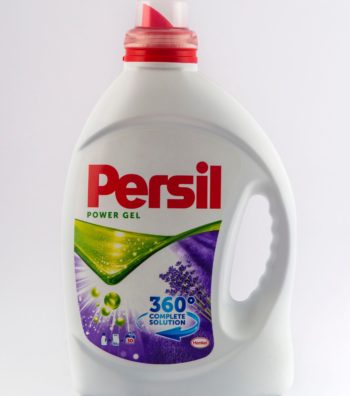
Mr Blake said: “There is abject panic in some quarters. People are worried companies are going to dive into something else except for plastic which could be worse for the environment and current recycling infrastructure.
“We’ve already seen brands switch some packaging to forms of pouches with ‘80% less plastic’ for example. What this does is actually make the product much more difficult to recycle”.
On the bottle itself, he said: “I think industry is dubious about the recyclablity of this material, the inner liner could easily be a form of plastic in itself, which we have seen with previous models. There are some specialist plants for this type of material, but for most of the paper mills this would be considered a contaminant. Any form of plastic would also make export of the material difficult if mixed with paper.”






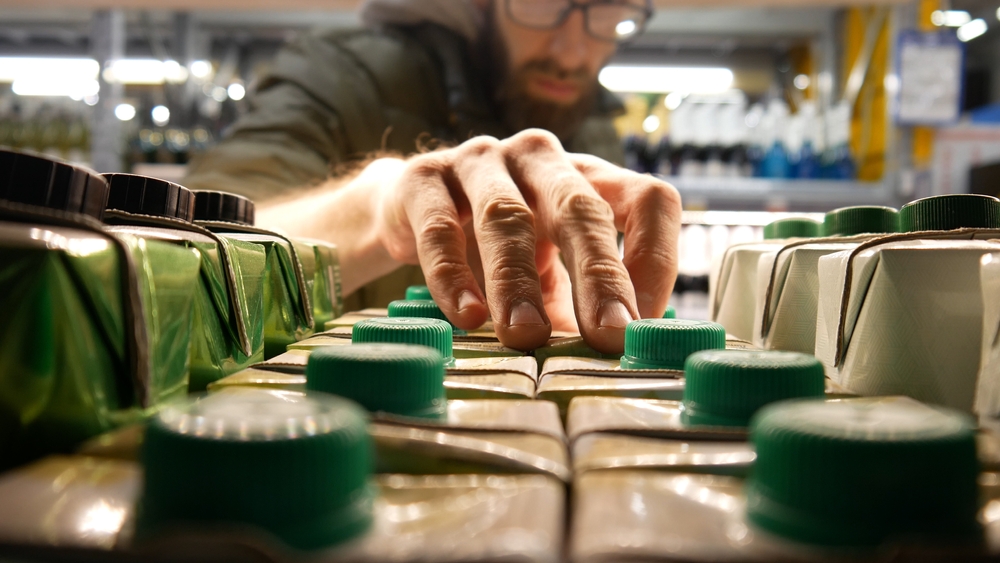
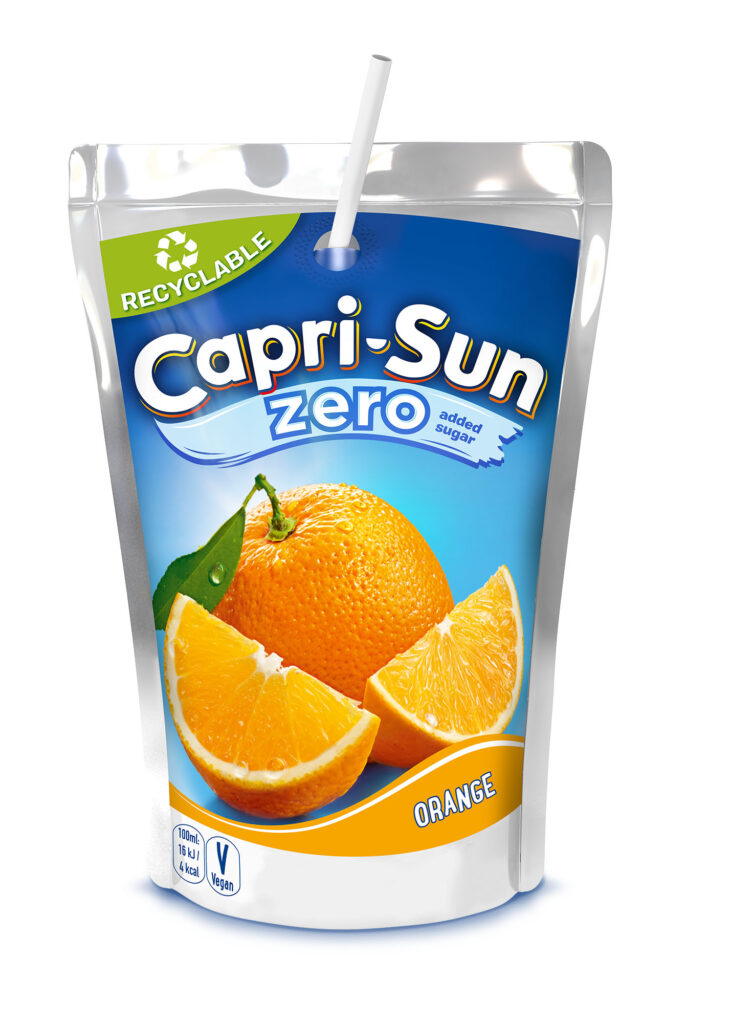
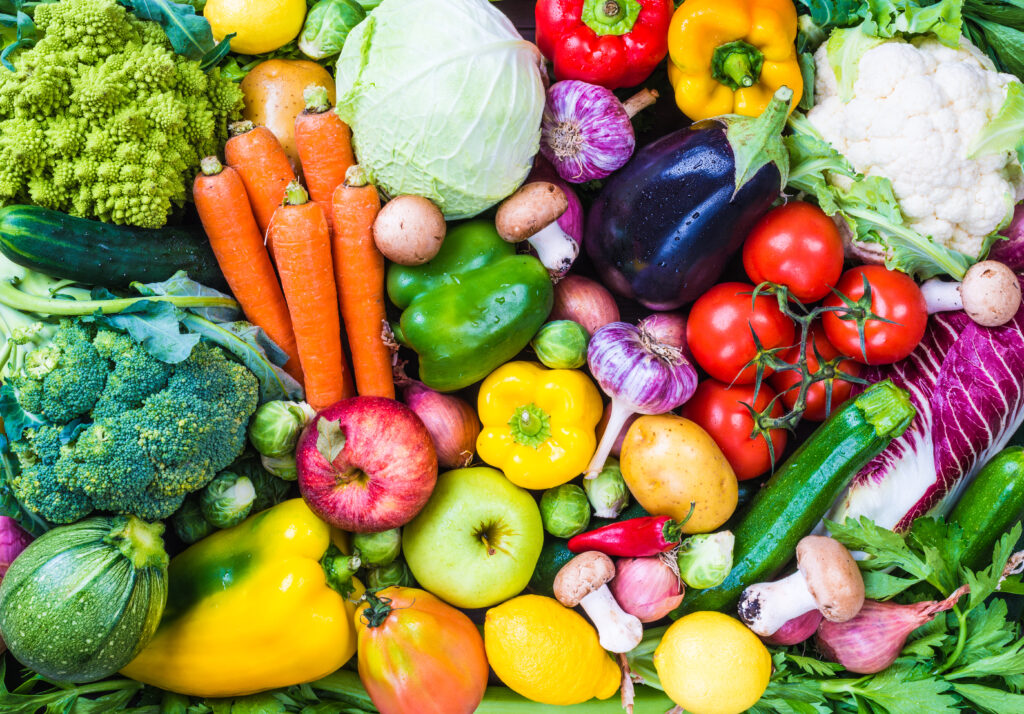


Subscribe for free